Content Intelligence: Unlocking the Power of Data in Marketing

Content intelligence has revolutionized the way marketers approach their content strategies, allowing them to leverage AI and data analytics to optimize performance and drive impactful results.
But what is content intelligence? In simple terms, it is the use of artificial intelligence and data analytics to gain valuable insights into audience behavior, preferences, and trends, enabling marketers to create personalized and engaging content that resonates with their target audience.
So why is content intelligence so important in today’s digital landscape? The answer lies in its ability to provide marketers with a deep understanding of their audience.
By analyzing data from various touchpoints such as social media, website analytics, and customer interactions, content intelligence enables marketers to uncover valuable insights about their audience demographics, interests, and behaviors. Armed with this knowledge, marketers can create highly targeted and personalized content that speaks directly to their customers’ needs and desires.
The Benefits of Content Intelligence
1. Improved Audience Insight
In today’s digital landscape, understanding your audience is crucial for successful marketing campaigns. Content Intelligence allows marketers to gain deep insights into their target audience, enabling them to create personalized content that resonates with their customers.
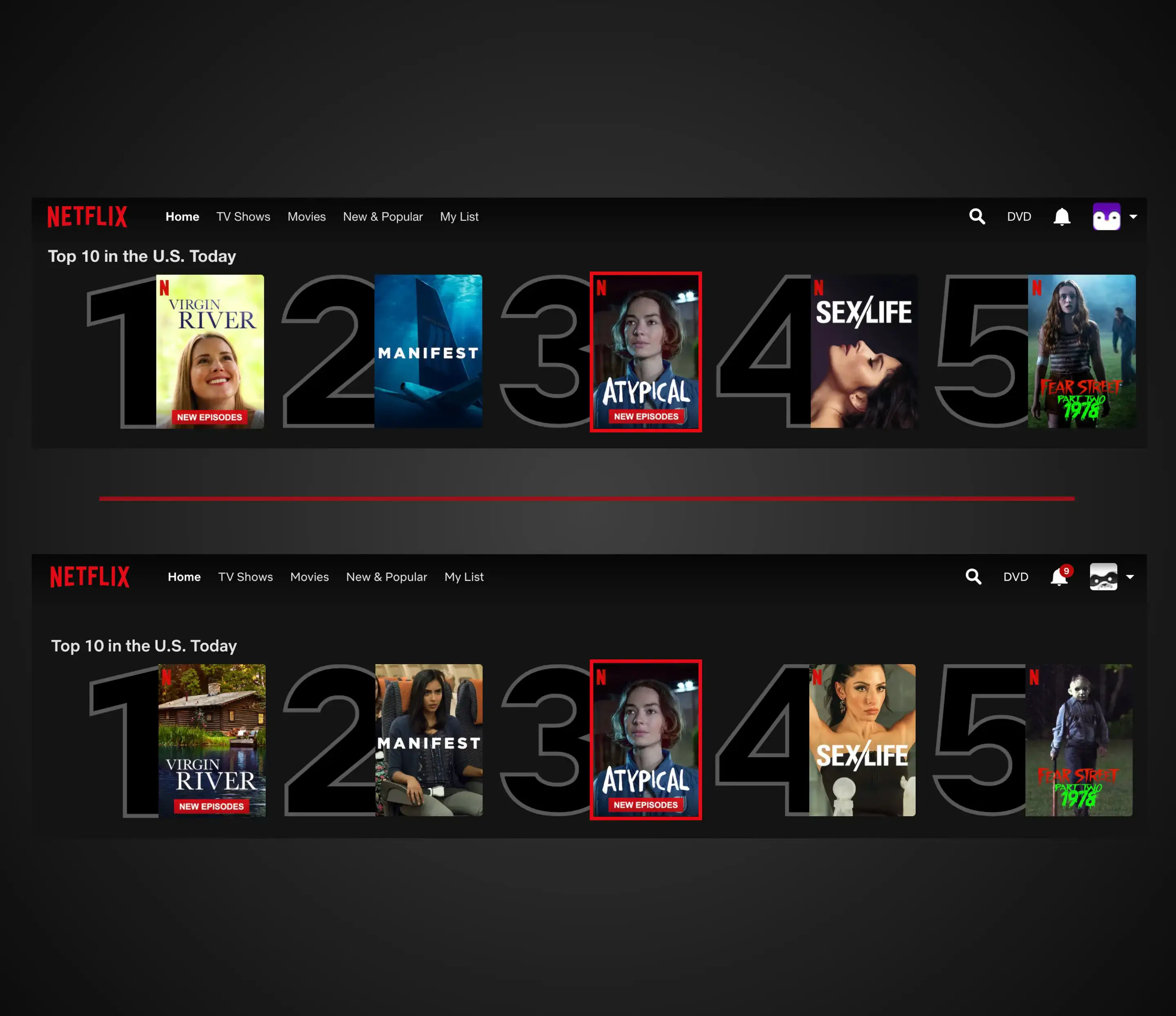
One company that leverages the power of delivered intelligence content is Netflix. By analyzing viewer preferences and behaviors, Netflix can provide personalized recommendations to its users. For example, if a viewer enjoys action-packed thrillers, Netflix will suggest similar movies or shows in that genre. This tailored user experience not only increases customer satisfaction but also keeps users engaged and coming back for more.
2. Enhanced Content Strategy
Creating compelling content that captures the attention of your target audience is the backbone of any successful marketing strategy. Content intelligence helps brands identify high-performing topics and keywords that resonate with their audience.
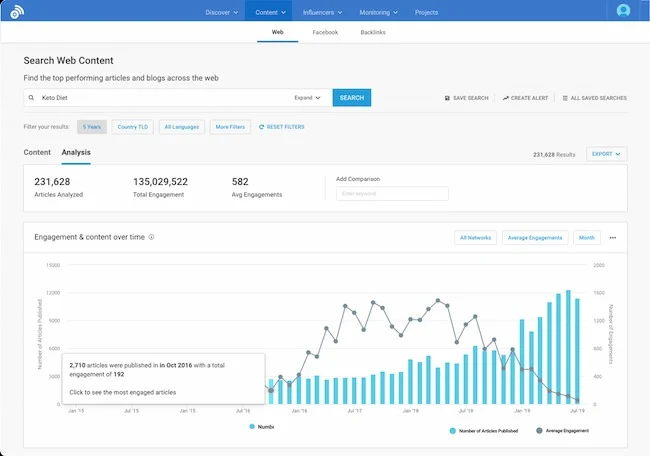
HubSpot, a leading inbound marketing platform, relies on delivered intelligence content to inform their content strategy. By leveraging data analytics, it gains insights into what topics and keywords are driving engagement and conversions. Armed with this information, they can create relevant and valuable content that speaks directly to their audience’s needs and interests.
3. Data-driven Decision Making
Data is the lifeblood of modern marketing, informing strategic decisions and driving results. Content intelligence empowers brands to analyze customer behavior and make data-driven decisions that optimize their marketing efforts.
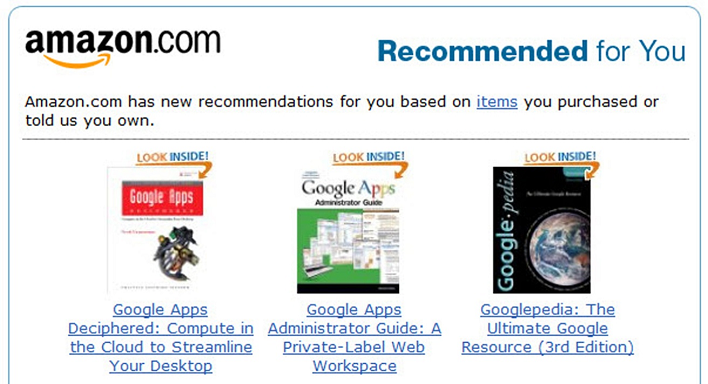
Take Amazon, for example – the e-commerce giant uses content intelligence to analyze vast amounts of customer data. By understanding individual purchase history, browsing habits, and preferences, Amazon can make highly personalized product recommendations. This personalized shopping experience not only boosts customer loyalty but also drives increased sales for the company.
How Does Content Intelligence Work?
Data Collection and Integration
At the core of content intelligence is the collection and integration of data. Platforms like Google Analytics collect valuable information about website visitors, including demographics, browsing behavior, and interests. This data is then integrated into a platform delivering intelligence content for analysis and insights.
Natural Language Processing
NLP plays a crucial role in what is content intelligence by processing unstructured textual data. IBM Watson’s Natural Language Understanding, for example, can analyze social media comments to understand sentiment, identify trends, and gauge audience reactions toward content or campaigns. This technology provides valuable insights into how audiences perceive and interact with brands.
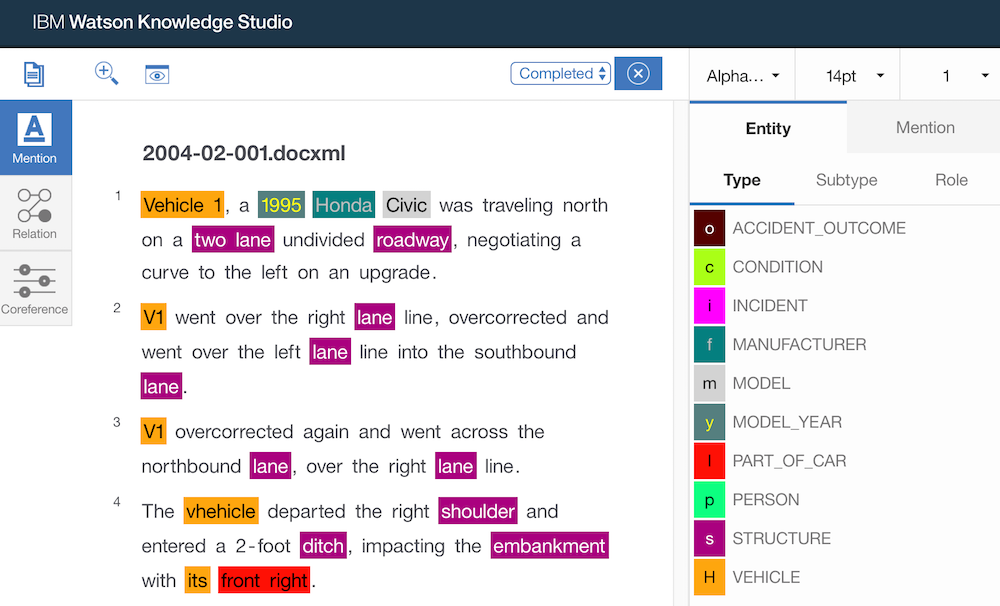
Predictive Analytics
Predictive analytics is another key component of what is content intelligence. Brands like Coca-Cola leverage predictive analytics to forecast which type of content will perform best during specific events or holidays. By analyzing historical data and trends, brands can optimize their content calendar to maximize engagement during critical moments.
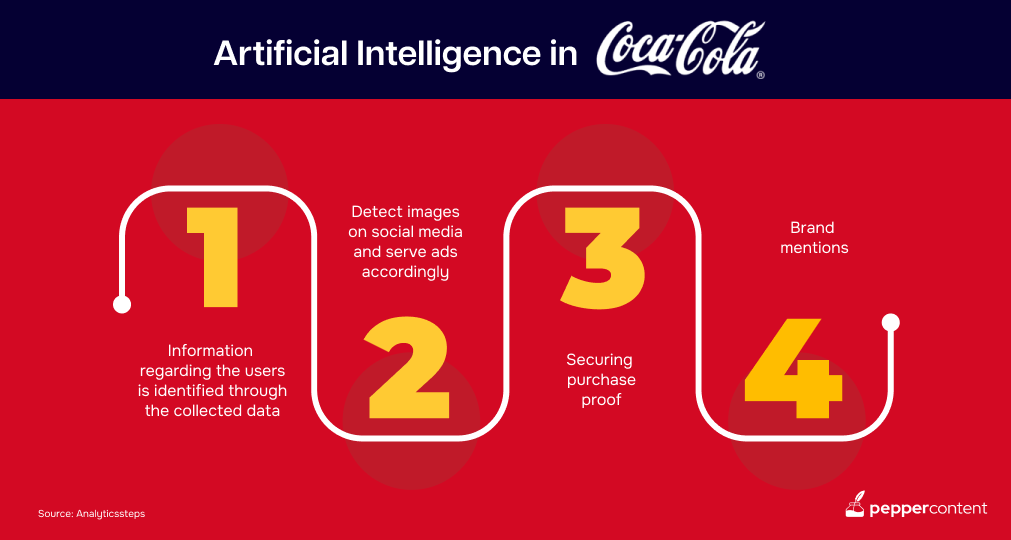
Choosing the Right Content Intelligence Platform
When it comes to selecting a content intelligence platform, there are several key factors that marketers should consider. These factors ensure that the chosen platform aligns with their specific needs and goals, enhancing their content strategy and overall marketing efforts.
- First and foremost, ease of integration is crucial. Marketers need a platform that seamlessly integrates with their existing systems and tools, allowing for a smooth transition and efficient use of resources. Whether it’s integrating with customer relationship management (CRM) software or third-party analytics tools, the right content intelligence platform should make data collection and analysis a breeze.
- Scalability is another important consideration. As businesses grow, their content needs evolve, requiring a platform that can handle increased data volume and complexity. By choosing a scalable content intelligence solution, marketers can future-proof their content strategy and ensure that they have the flexibility to adapt to changing audience preferences and market dynamics.
- Data security is also paramount in today’s digital landscape. Marketers must prioritize platforms that offer robust security measures to protect sensitive customer information and maintain compliance with data privacy regulations. This not only safeguards their reputation but also builds trust with their audience.
Lastly, available features play a significant role in selecting the right platform that delivered intelligence content. Marketers should assess which features align with their specific goals and requirements. Whether it’s advanced analytics capabilities, real-time insights, or AI-driven content recommendations, the platform should offer a comprehensive suite of tools that empower marketers to make data-driven decisions and optimize their content strategy.
Now let’s take a look at an example of a brand leveraging a specific content intelligence platform:
Nike, one of the world’s leading sportswear brands, utilizes the Adobe Experience Cloud as its content intelligence platform of choice. With this powerful tool, Nike gains deep insights into its customers’ preferences, behaviors, and interactions across various touchpoints.

The Adobe Experience Cloud provides Nike with robust analytics tools that enable them to segment their audience, identify trends, and personalize their marketing campaigns. By leveraging these insights, Nike can deliver targeted messaging across channels, ensuring that each customer receives relevant content that resonates with their individual needs and preferences. This personalized approach not only enhances customer engagement but also drives revenue growth for the brand. This is what is content intelligence.
In conclusion, choosing the right content intelligence platform is a critical decision that can greatly impact a marketer’s ability to optimize their content strategy, gain valuable audience insights, and drive ROI. Factors such as ease of integration, scalability, data security, and available features should be carefully evaluated to ensure a seamless and effective implementation.
Brands like Nike have already embraced the power of content intelligence platforms like the Adobe Experience Cloud to unlock their marketing potential. It’s time for other marketers to follow suit and harness the full capabilities of intelligence content for improved marketing outcomes.
Introducing Pepper CMP
Content intelligence has become an essential tool in the arsenal of successful marketers, enabling them to optimize their content strategy and drive impactful results. Pepper Content Marketing Platform is one such intelligent platform that has garnered rave reviews from industry experts and users alike.
It offers a comprehensive suite of content solutions that empower marketers to create data-driven content strategies. Most content tools work in isolation. Marketers subscribe to one tool for keyword research, sign into a marketplace to find the subject matter experts to actually create the content, use multiple spreadsheets to manage their editorial calendar and the content production process, and a plethora of other tools for analysis and more.
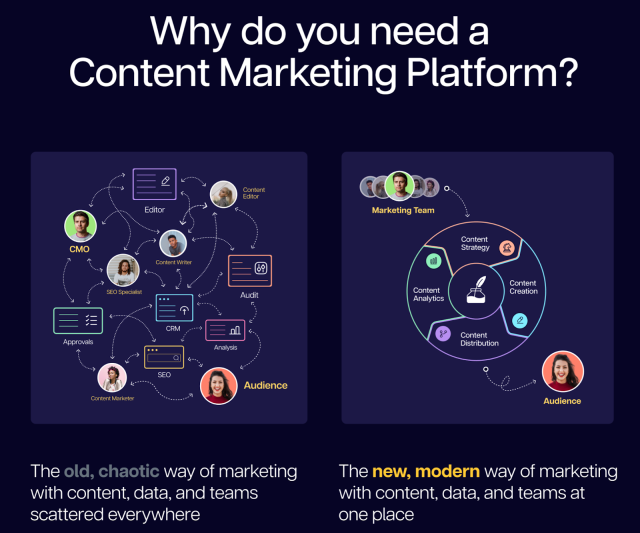
Pepper’s Content Marketing Platform is home to the most efficient tools in the hands of a marketer. Instead of function-first, it is built with a workflow-first approach, keeping the marketer at the front and centre of its technology. Book a demo now!
Latest Blogs
Explore how Google’s 2025 AI search updates triggered ranking chaos. Learn actionable strategies to adapt your SEO for AI Overviews, zero-click searches, and SERP volatility. Stay ahead now.
Learn how to rank on AI search engines like ChatGPT, Perplexity, and Gemini by optimizing your content for authority, structure, and relevance. Stay ahead in AI-driven search with this strategic guide.
Explore the best healthcare SEO services for your medical practice. Improve online visibility and effectively reach more patients in need of your services.
Get your hands on the latest news!
Similar Posts

Content Analytics
8 mins read
Google I/O 2025: AI Search Shake-Up & Ranking Volatility

Content Analytics
5 mins read
How to Check Google Rankings: 3 Swift and Accurate Methods

Content Analytics
9 mins read